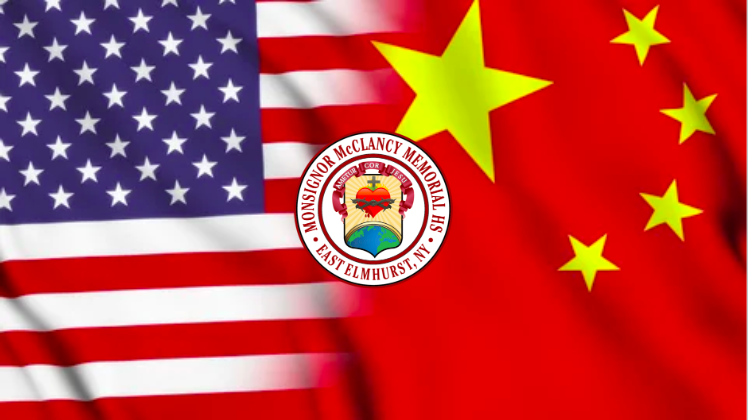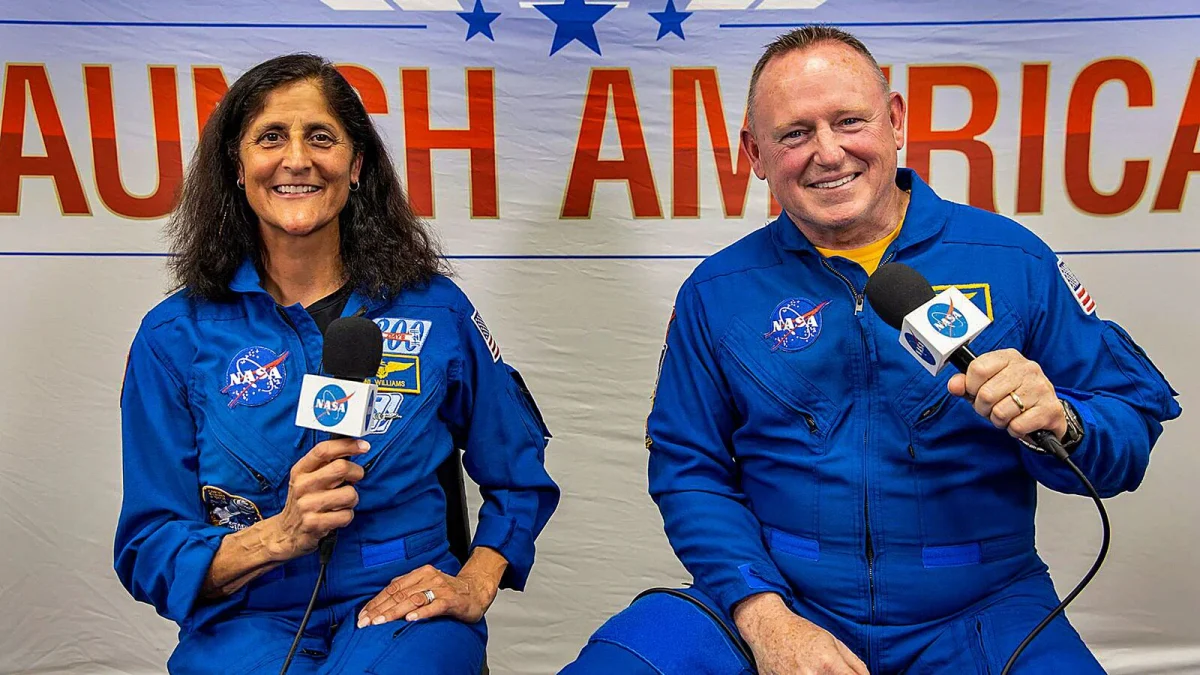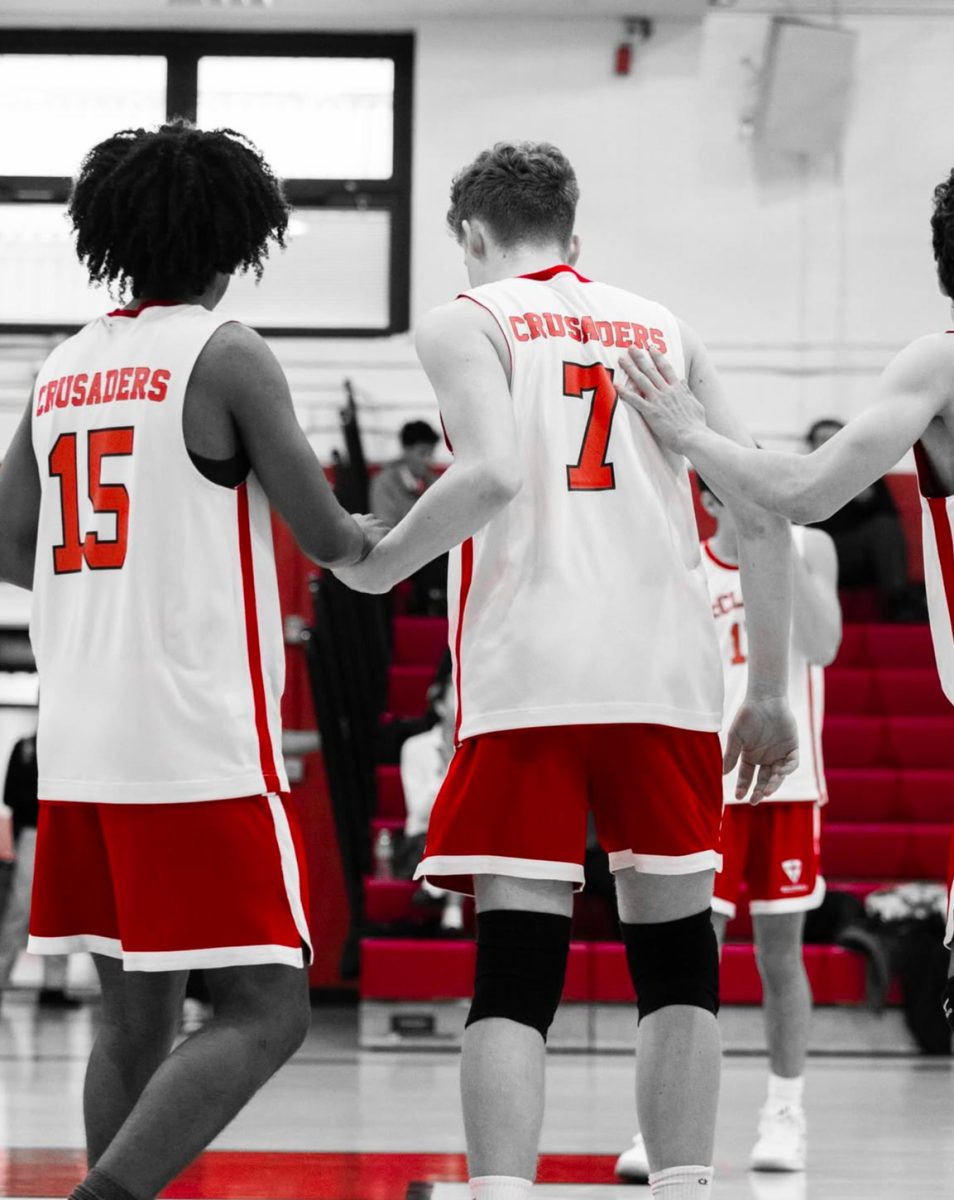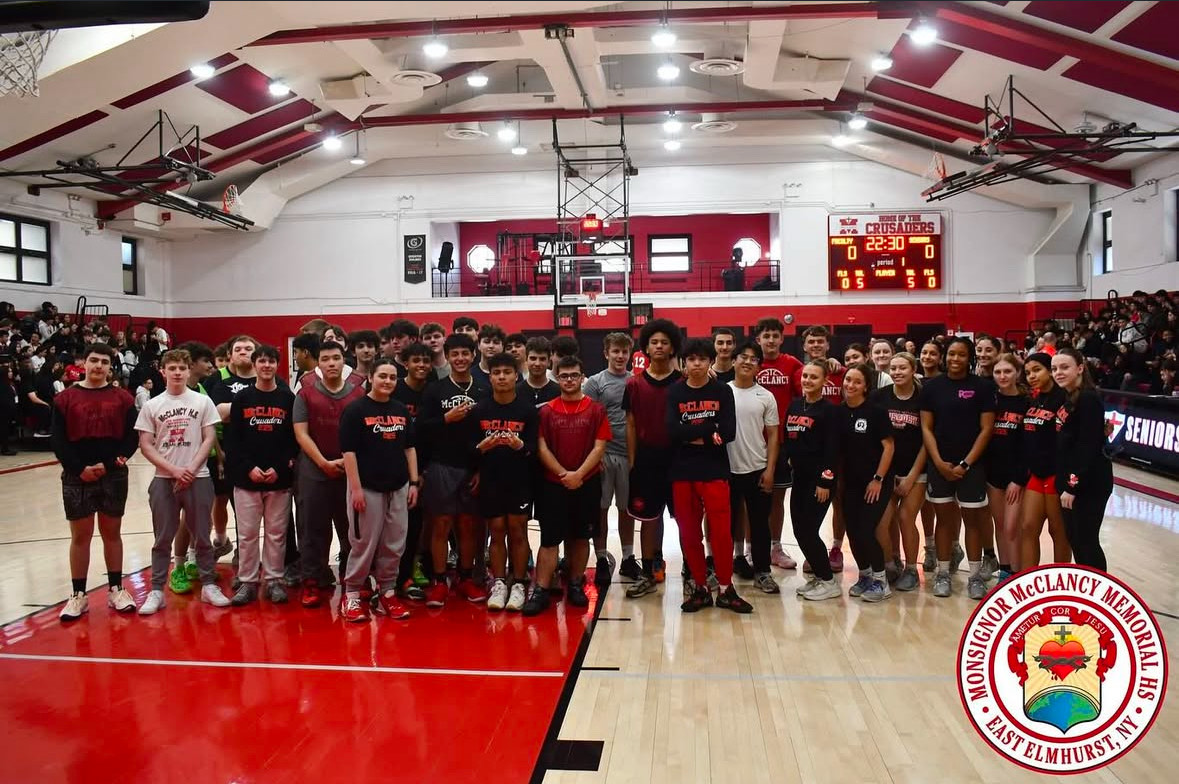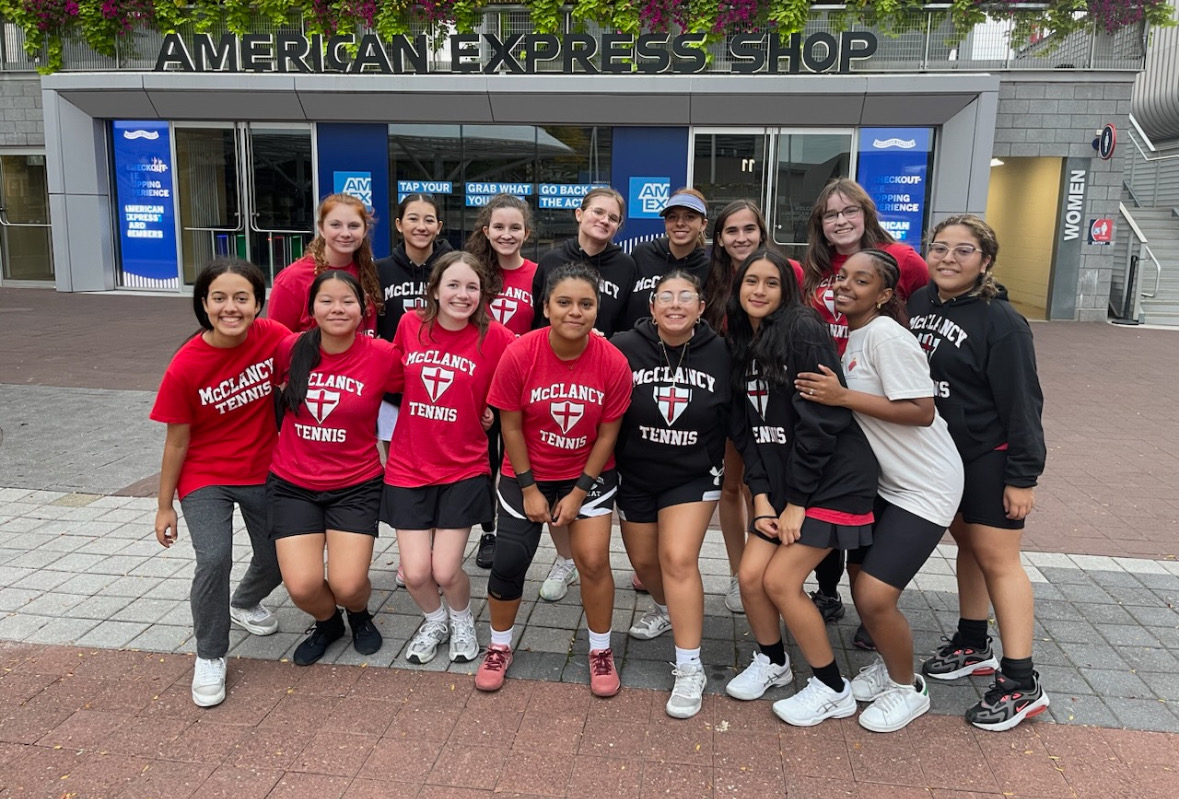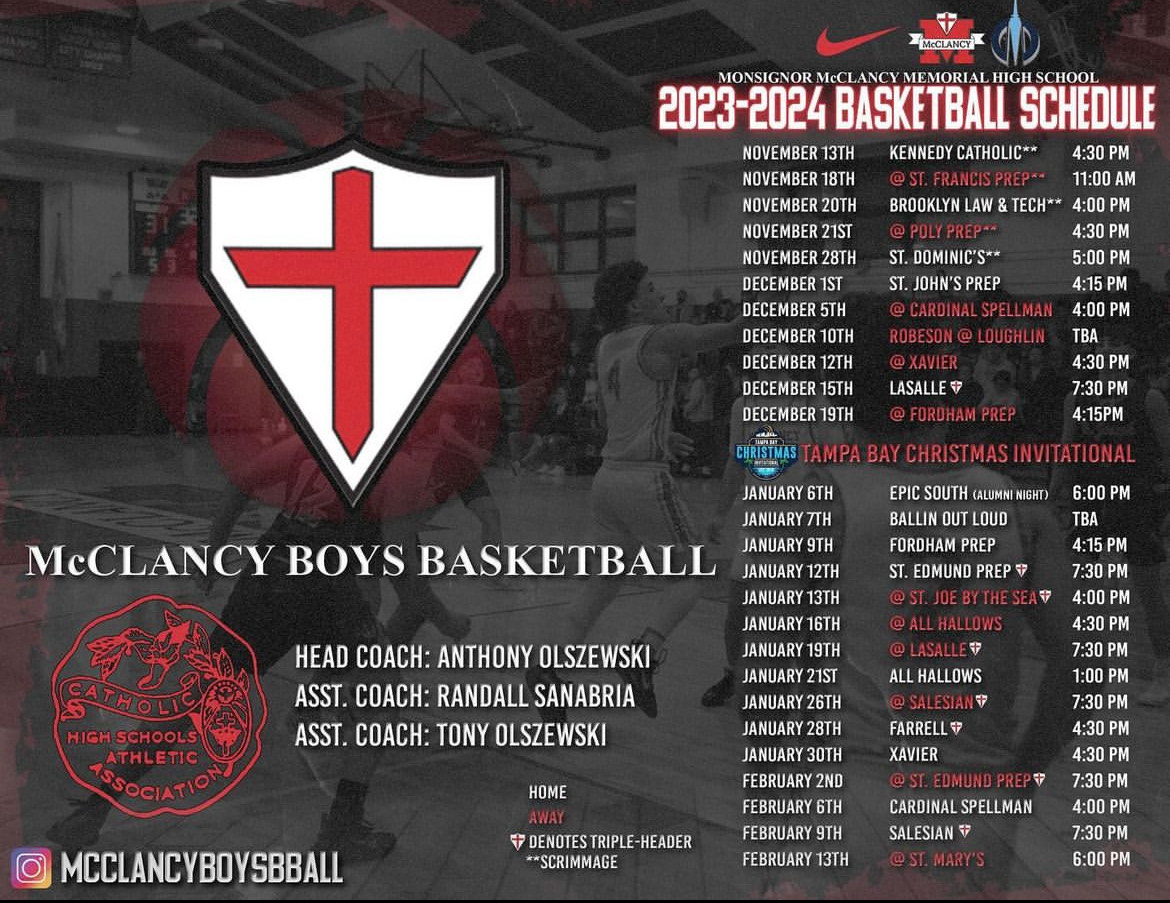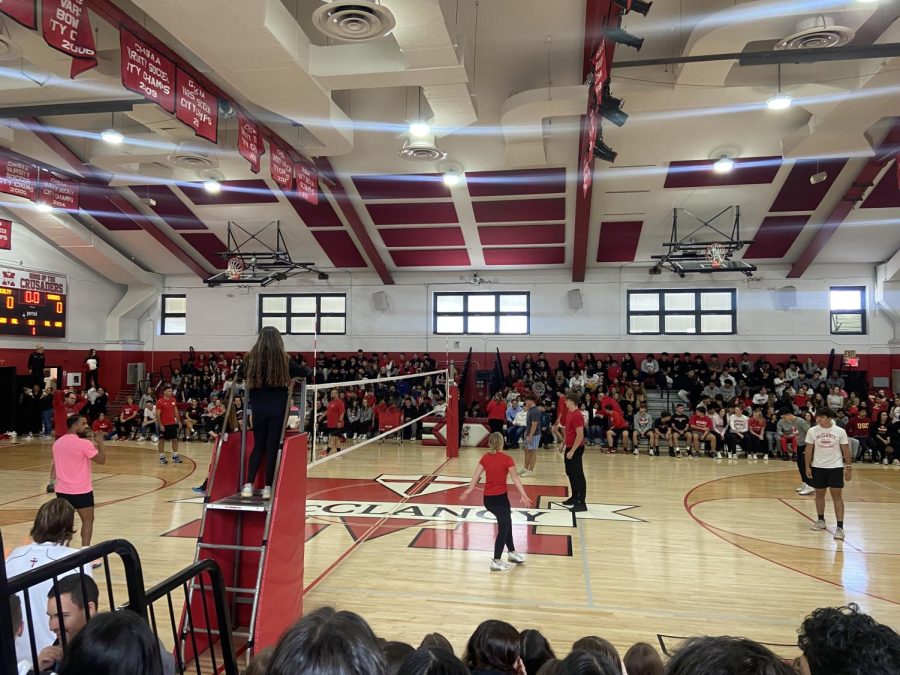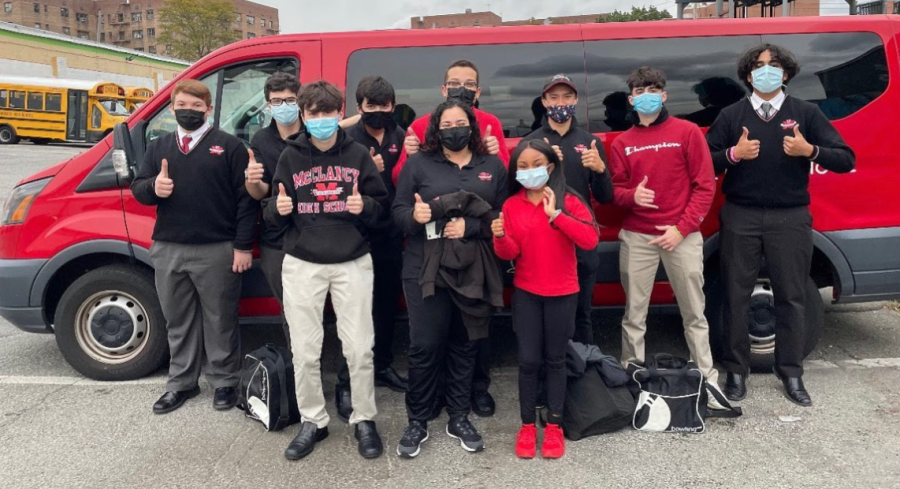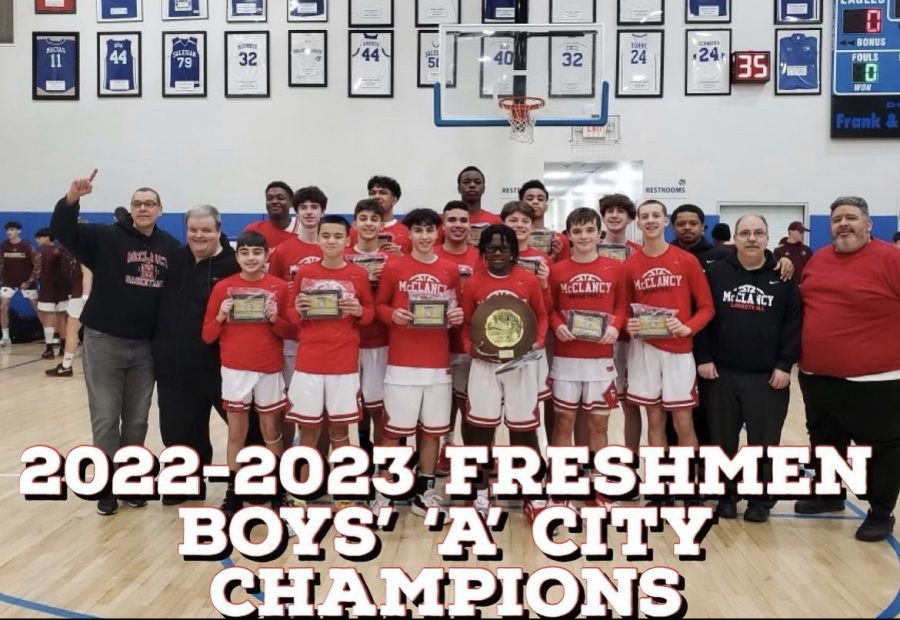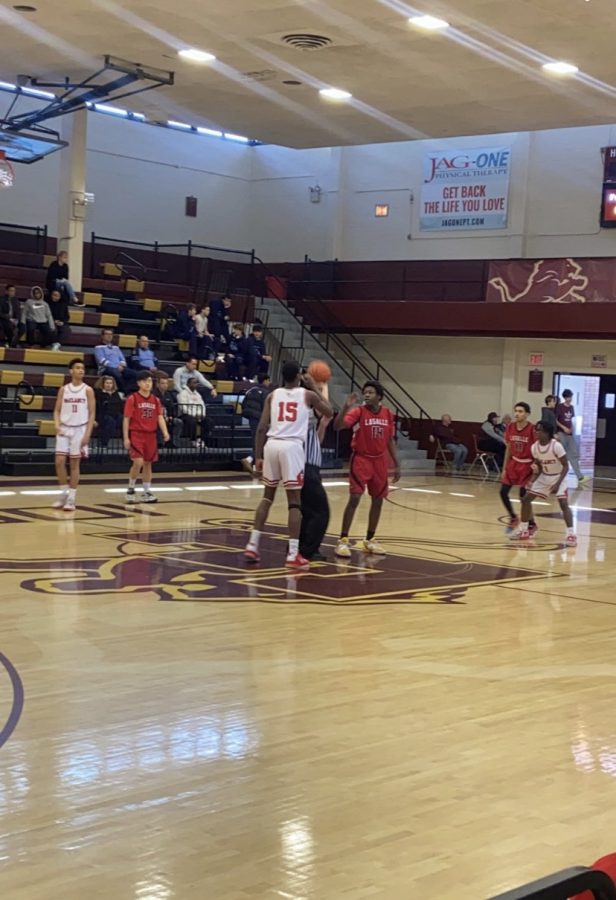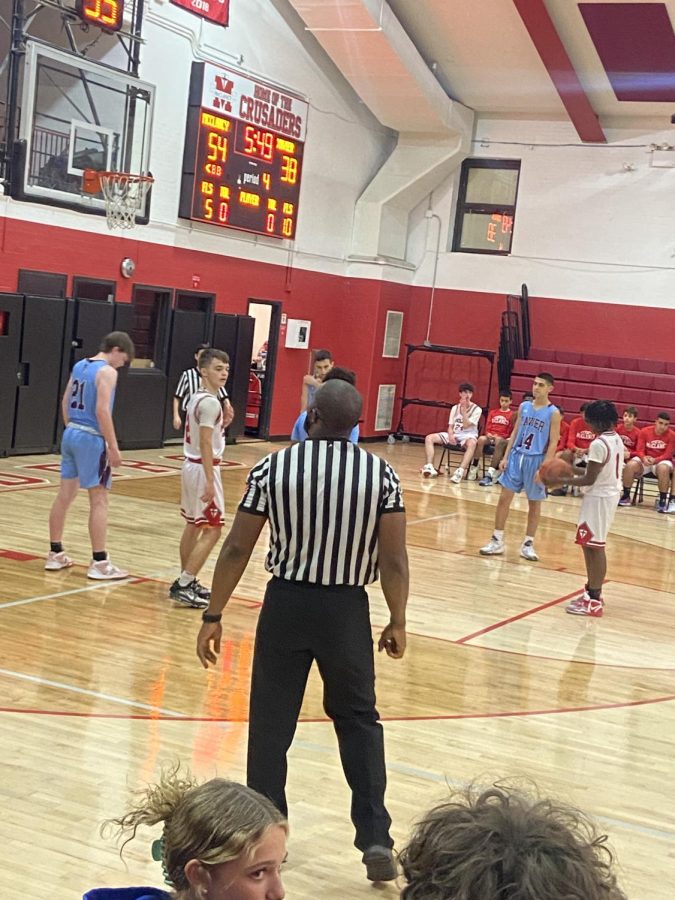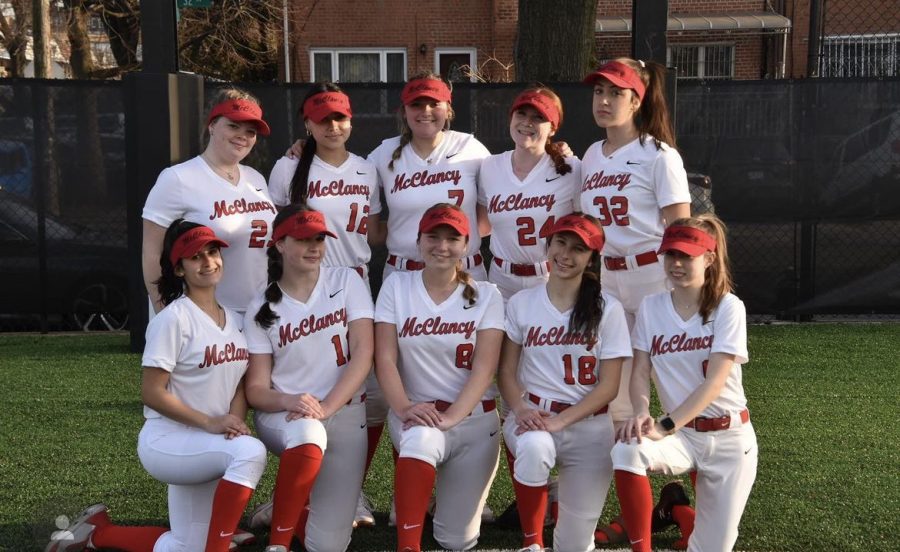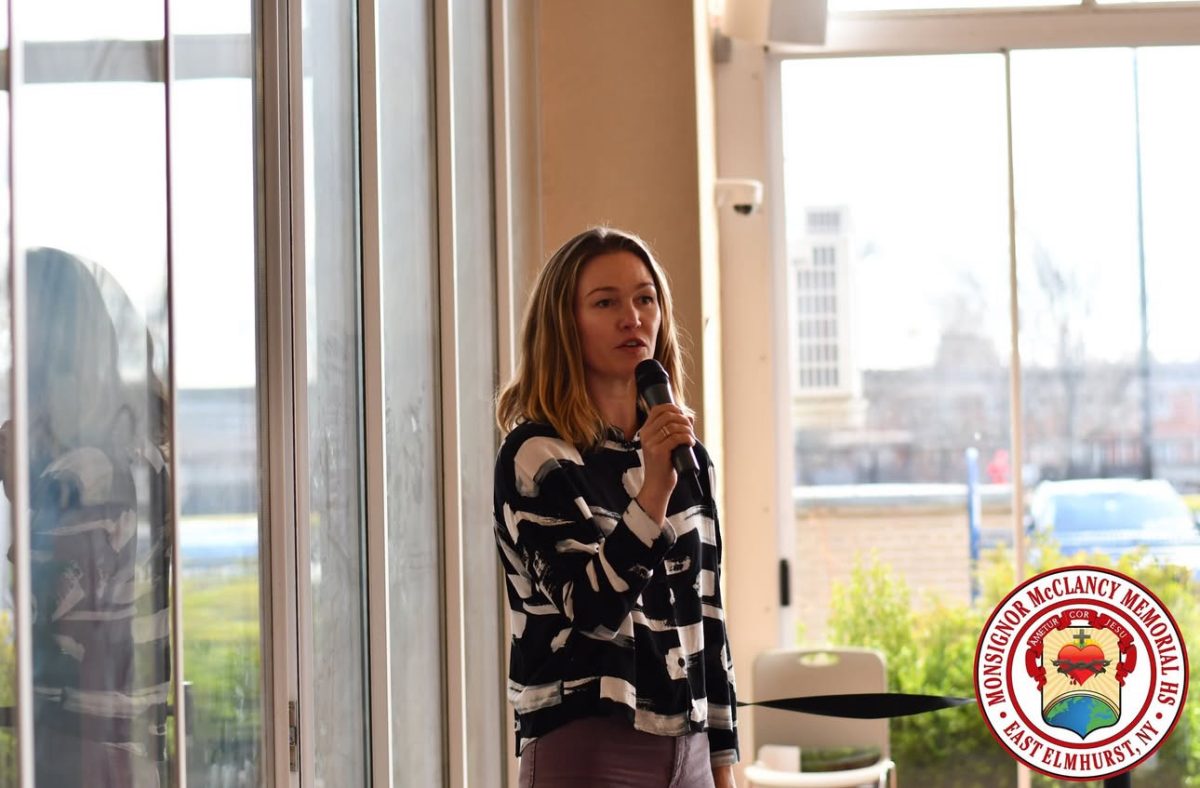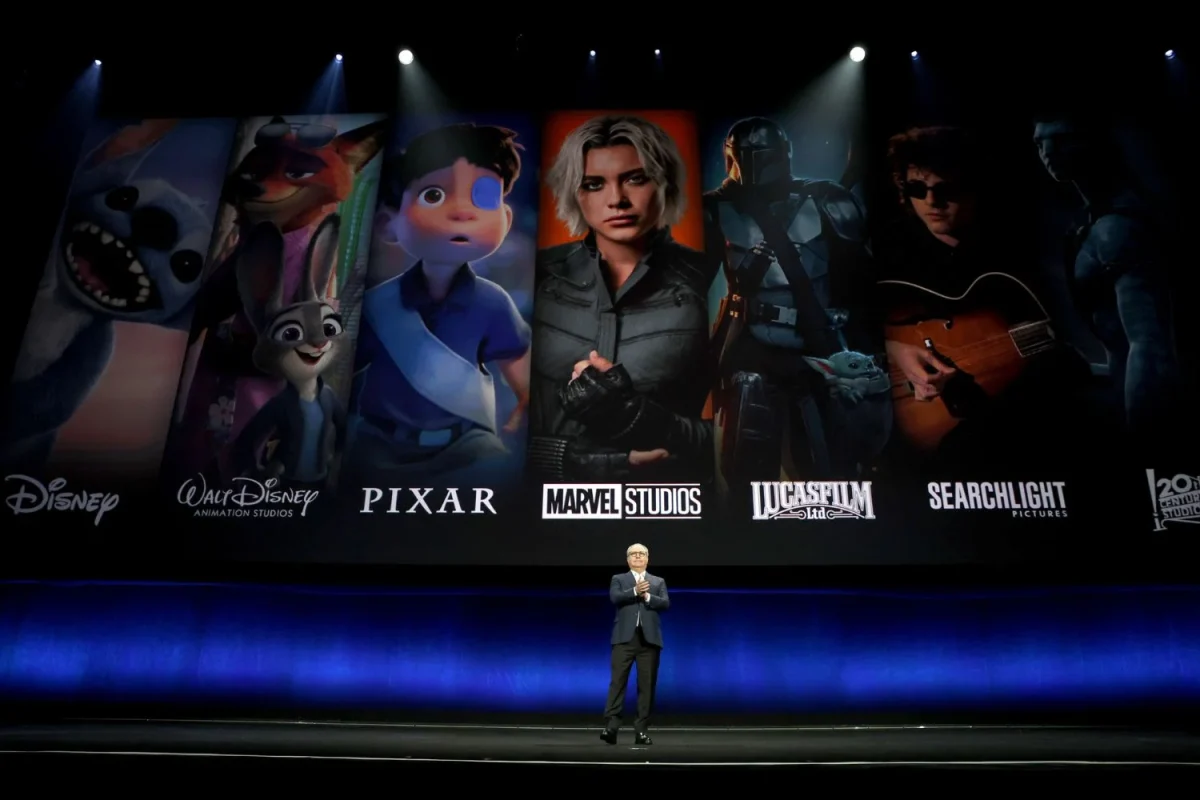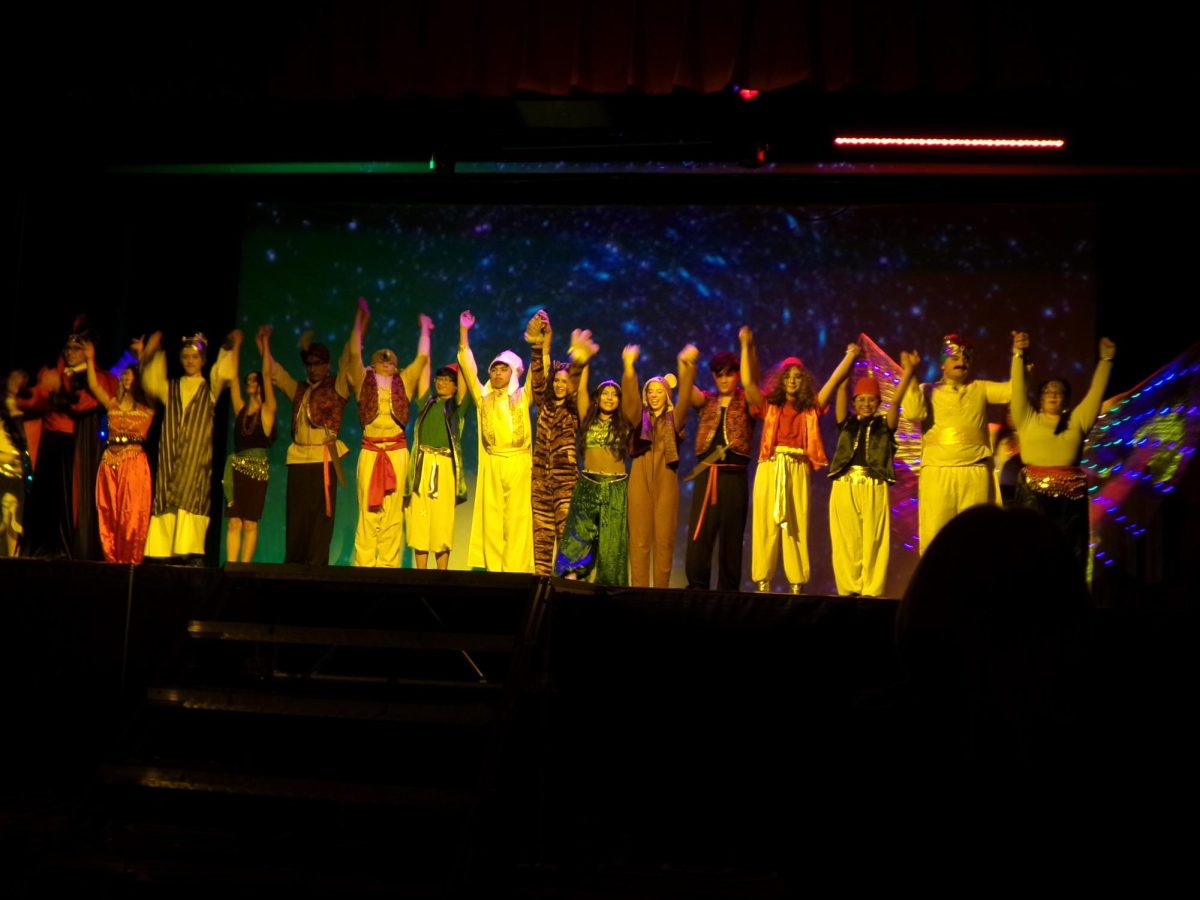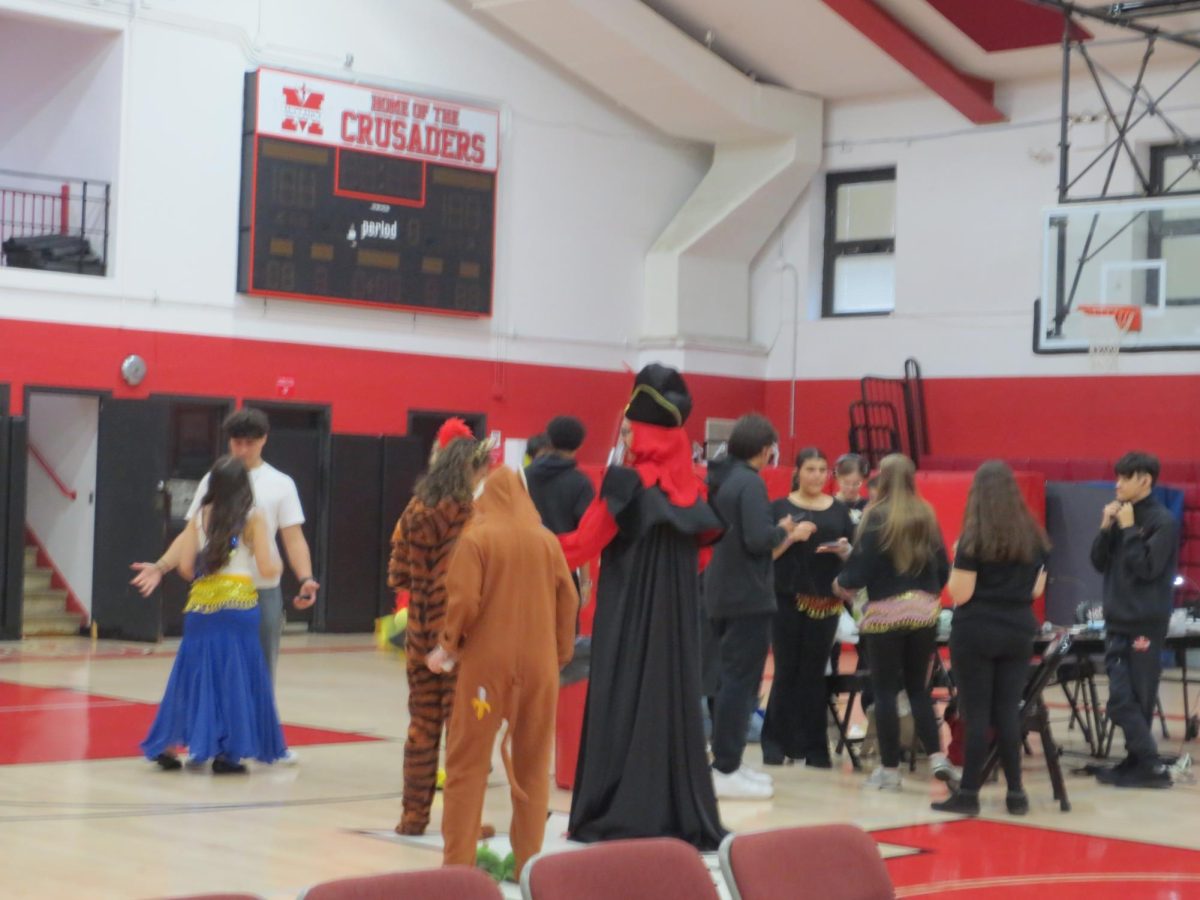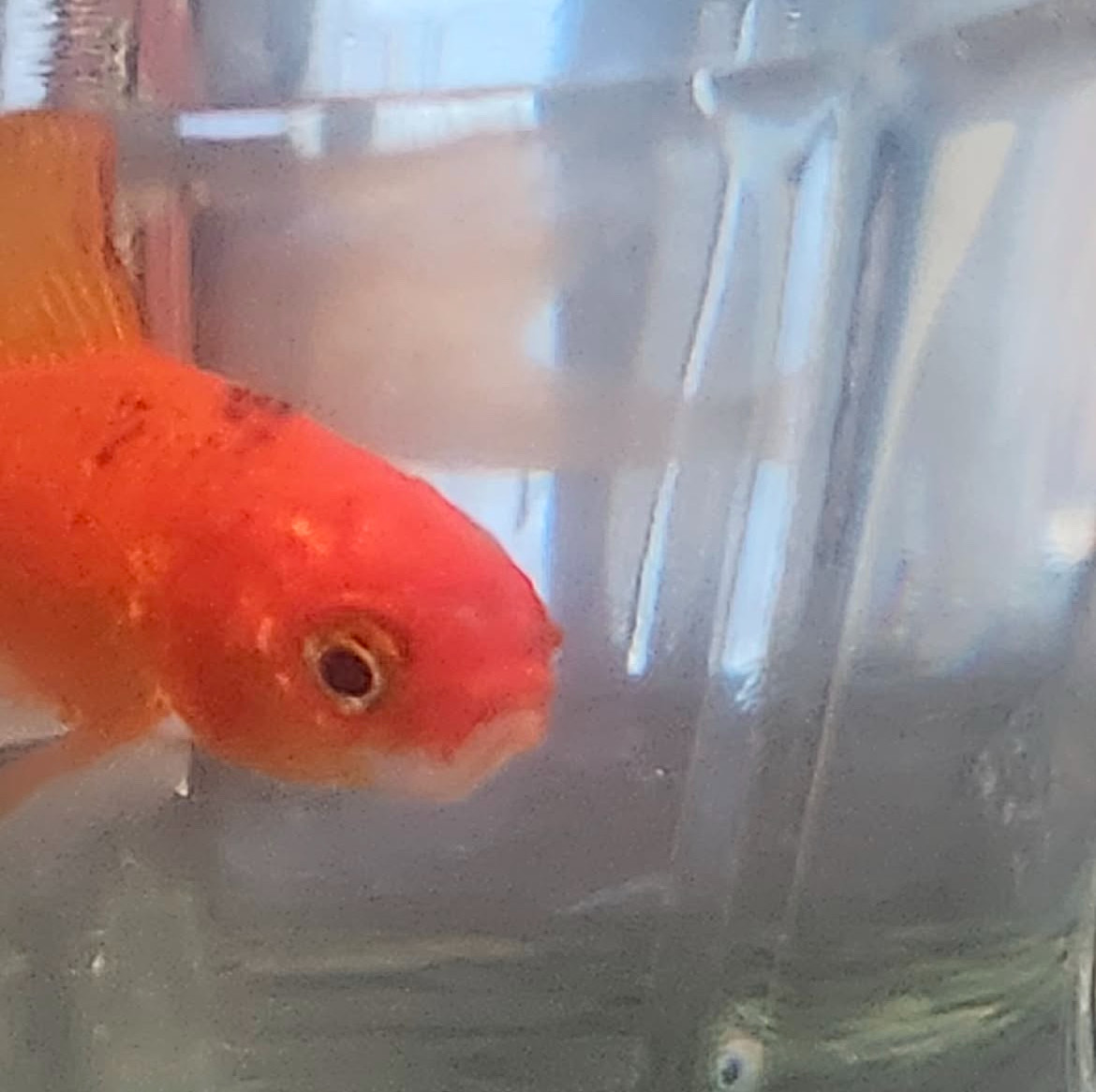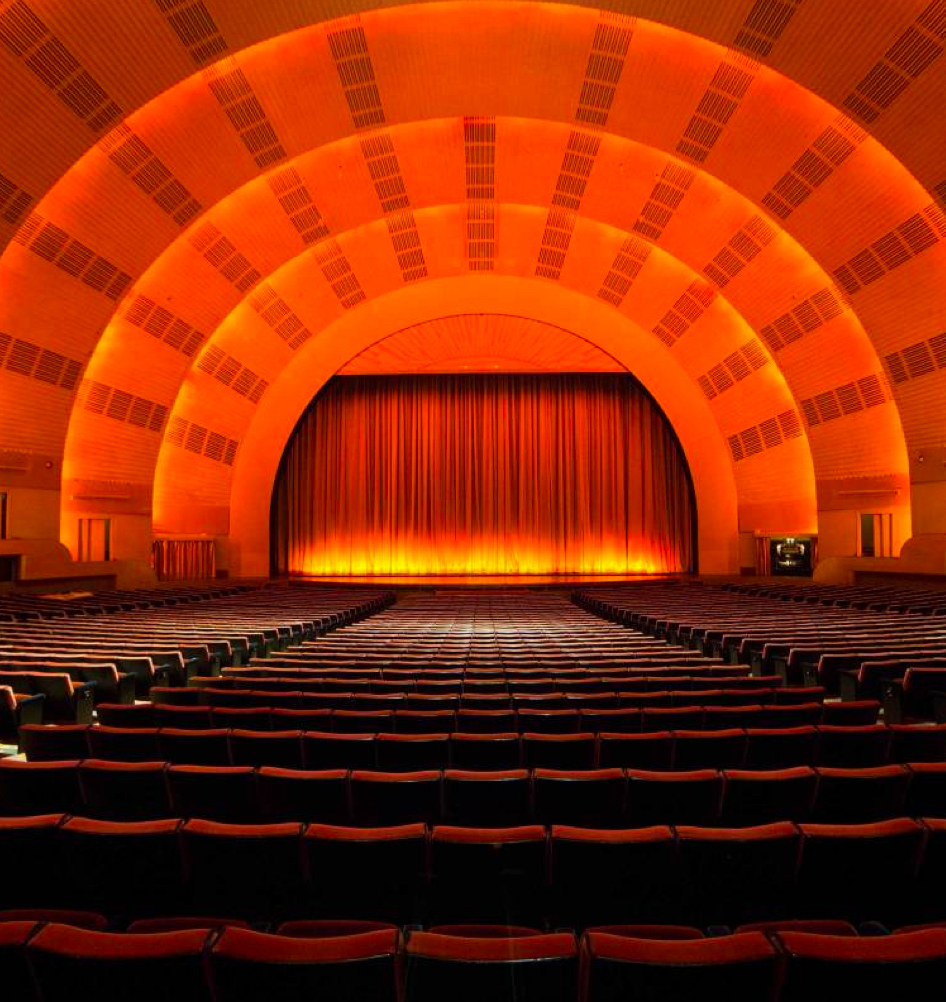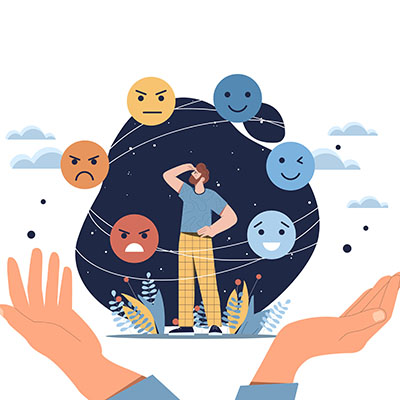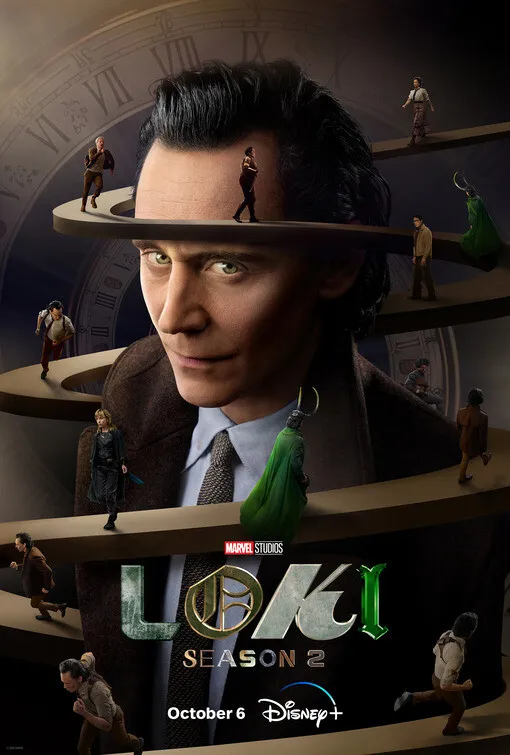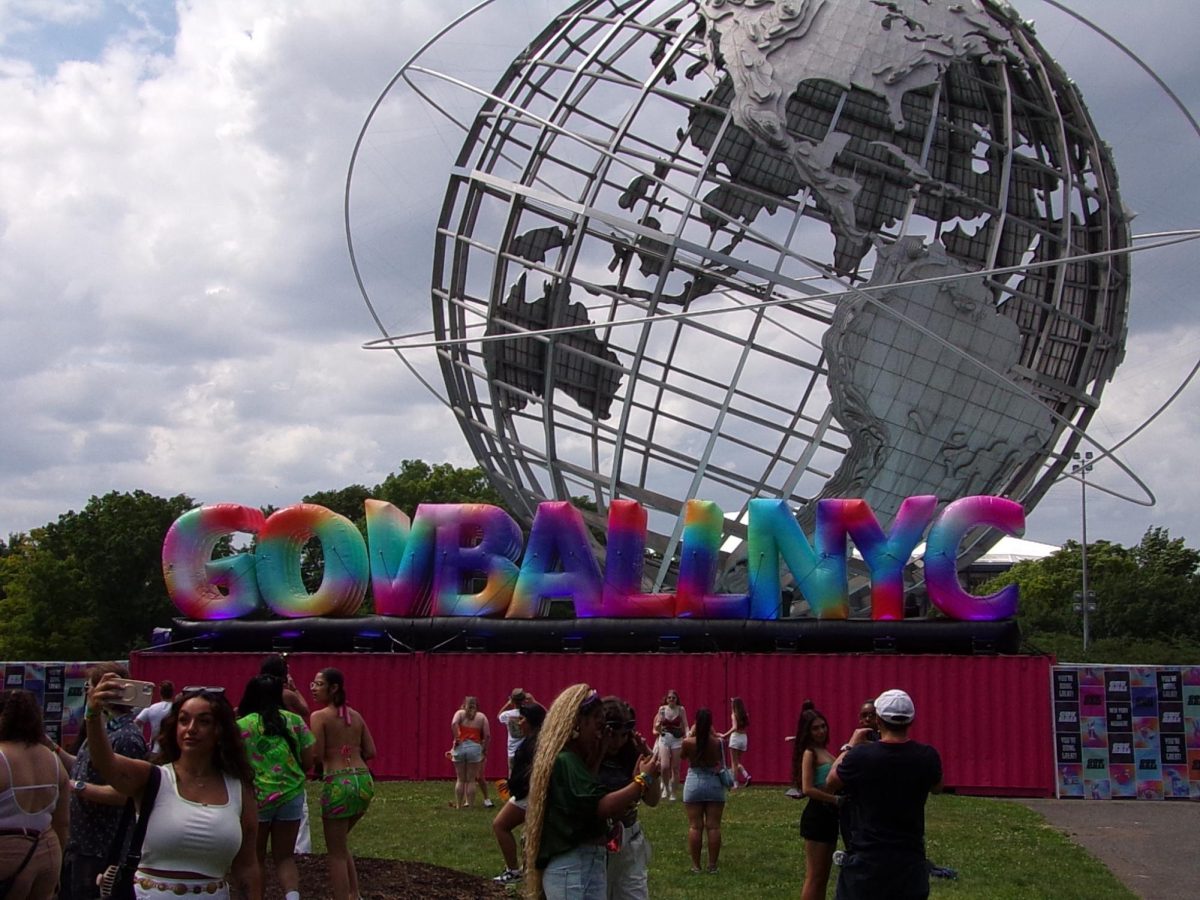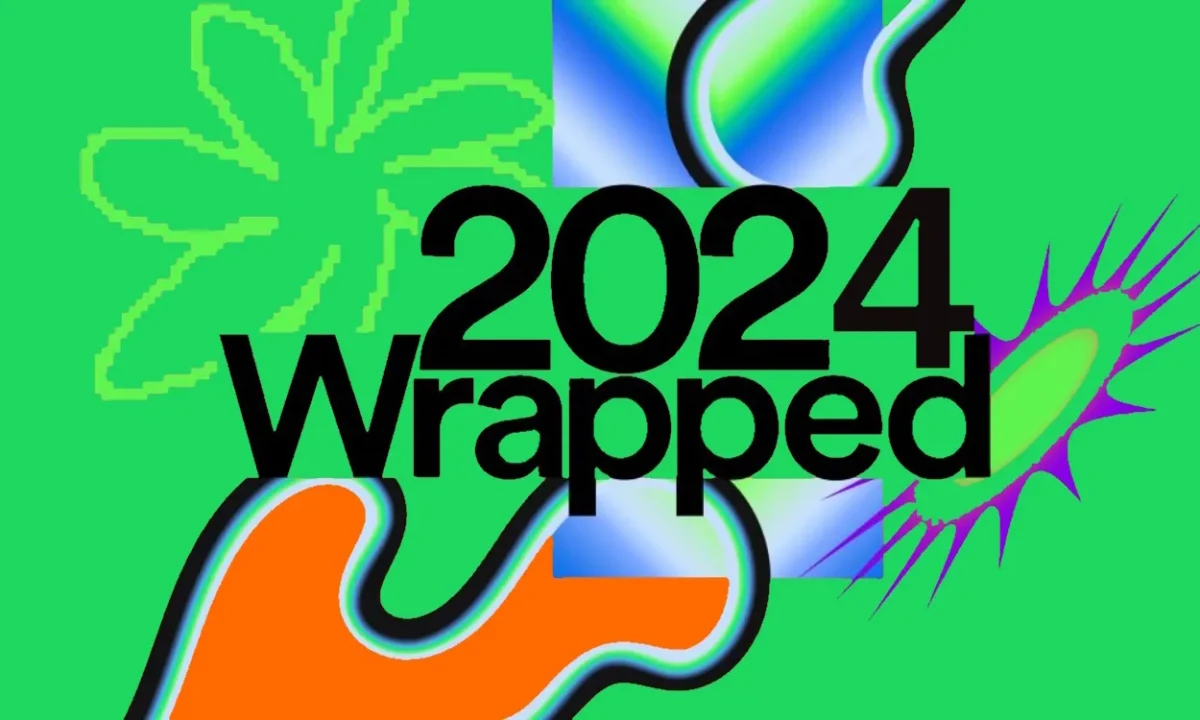Leading up to the first Wednesday of December, Spotify users excitedly awaited the return of the app’s annual “Spotify Wrapped.” In a typical manner, the app provided its users with their most played artists, songs, and yearly minutes listened. However, individuals began noticing something different with 2024’s wrapped. Many took to social media, and it didn’t take long to realize that Spotify used Artificial Intelligence as a cheap attempt to cumulate listener’s habits. Ultimately, many claimed that their Wrapped did not truly reflect the artists or songs they listened to the most.
Among 2024’s Spotify Wrapped was a new feature entitled, “Your Wrapped AI Podcast,” where two AI-generated podcast presenters analyzed user’s listening habits throughout the year. However, much of the information they discussed seemed superficial and inaccurate. Additionally, users weren’t even provided with their top listening genre, which was replaced by another AI component that categorized specific months into foolish sayings describing a “phase” or “season.” For instance, Spotify informed me that January was my, “Pink Pilates Princess Strut Pop phase,” yet failed to identify what genre I listened to most often. While this seems like an inconsequential issue when compared to everything happening in the world right now, it raises concerns about people’s growing reliance on Artifical Intelligence.

In December of 2023, Spotify fired one thousand five hundred employees, including Glenn McDonald, a data scientist who invented the Wrapped algorithm. This caused significant speculation regarding the question, “Did Spotify lay off their Wrapped team and replace their workers with AI?” While the true answer may never be known, it’s safe to assume that AI played a much larger part in developing 2024’s Wrapped than Spotify’s human employees. As dependency on AI continues to expand, other companies have begun rolling out advertisements and features composed by robotics, with Coca-Cola launching a fully AI-generated ad that left viewers feeling uneasy.
Now more than ever, it’s important to acknowledge companies’ use of AI and hold them accountable for their lack of creativity and passion. As businesses rely further on Artificial Intelligence, human innovation, thought, and the expression of ideas are replaced by generic and automated solutions, resulting in audience dissatisfaction. Nonetheless, there is still hope for a future where AI does not define everyday life, allowing human creativity and imagination to thrive.
